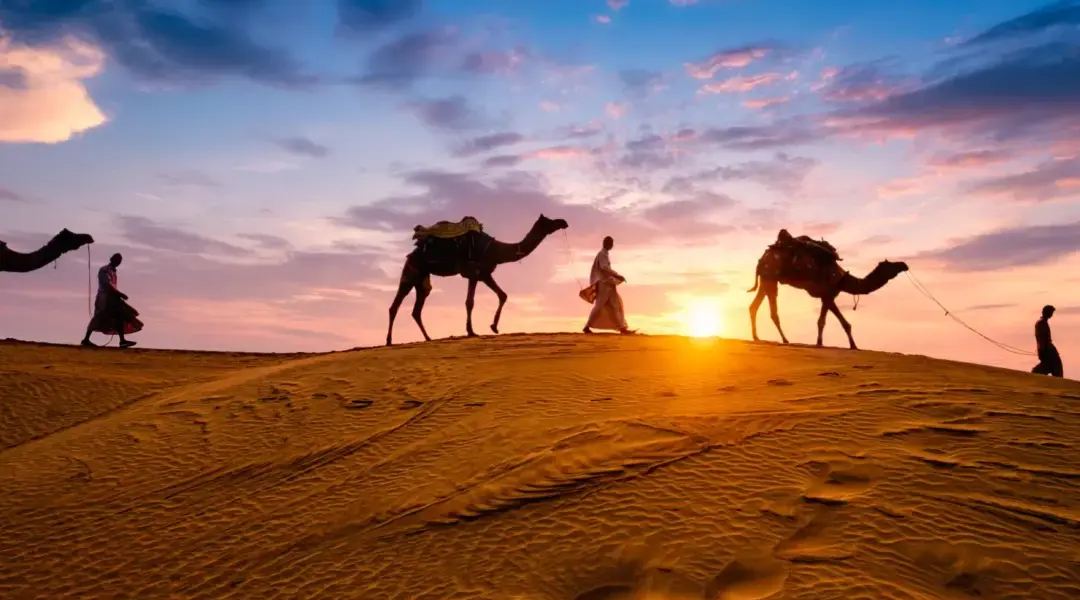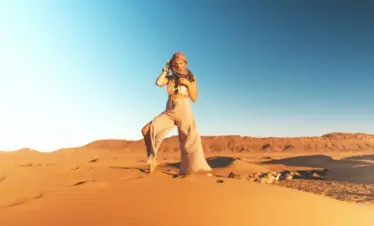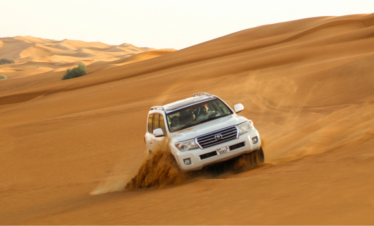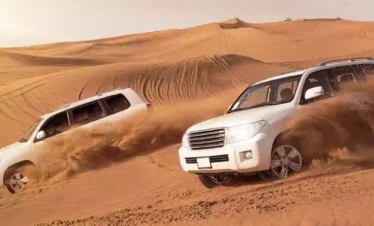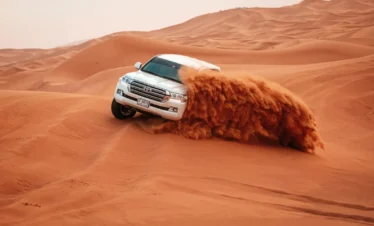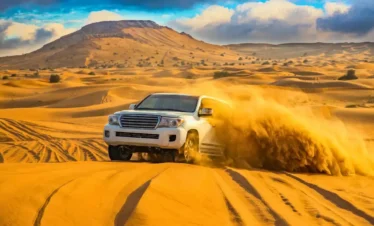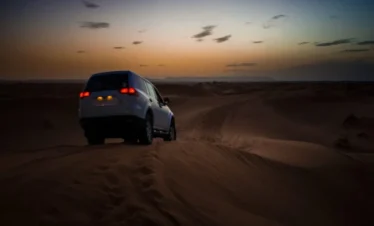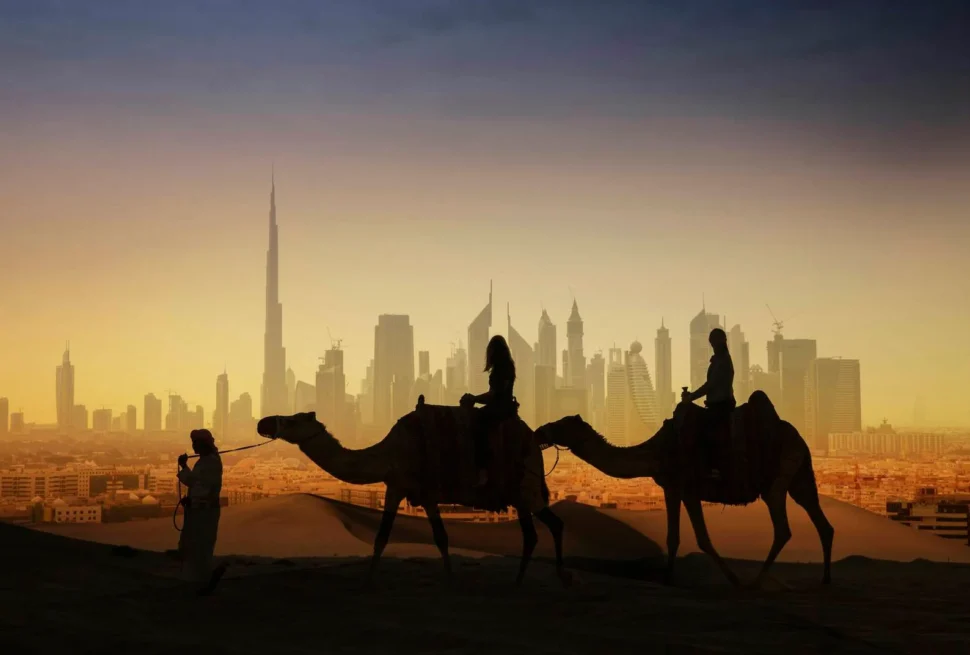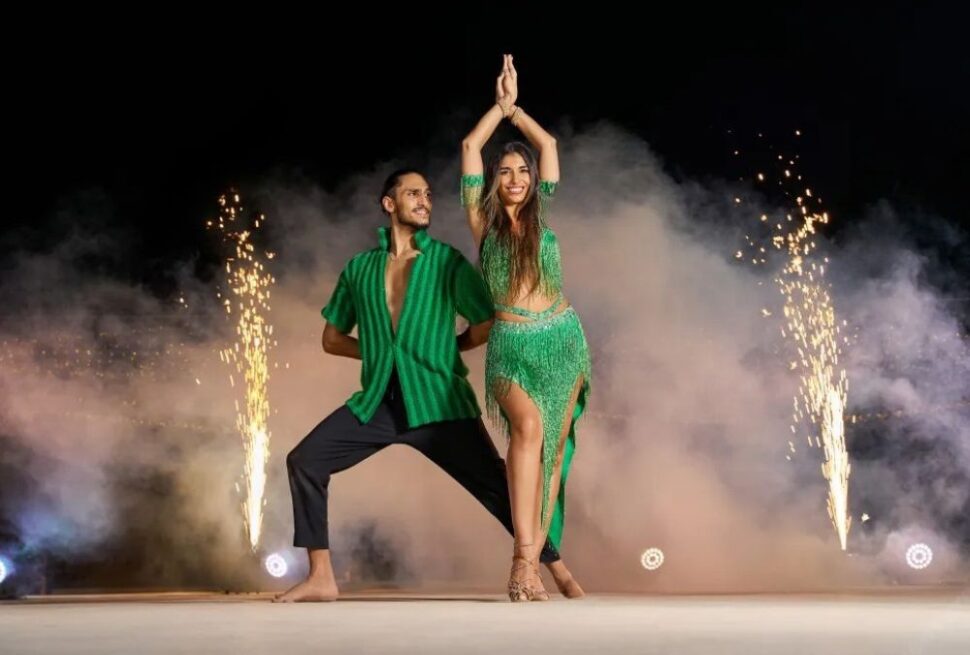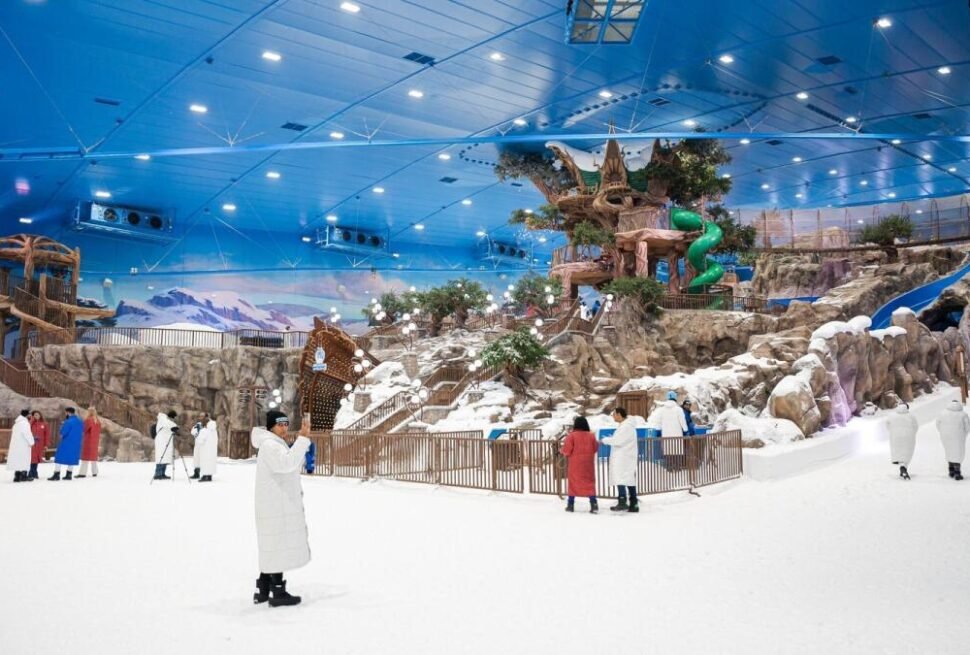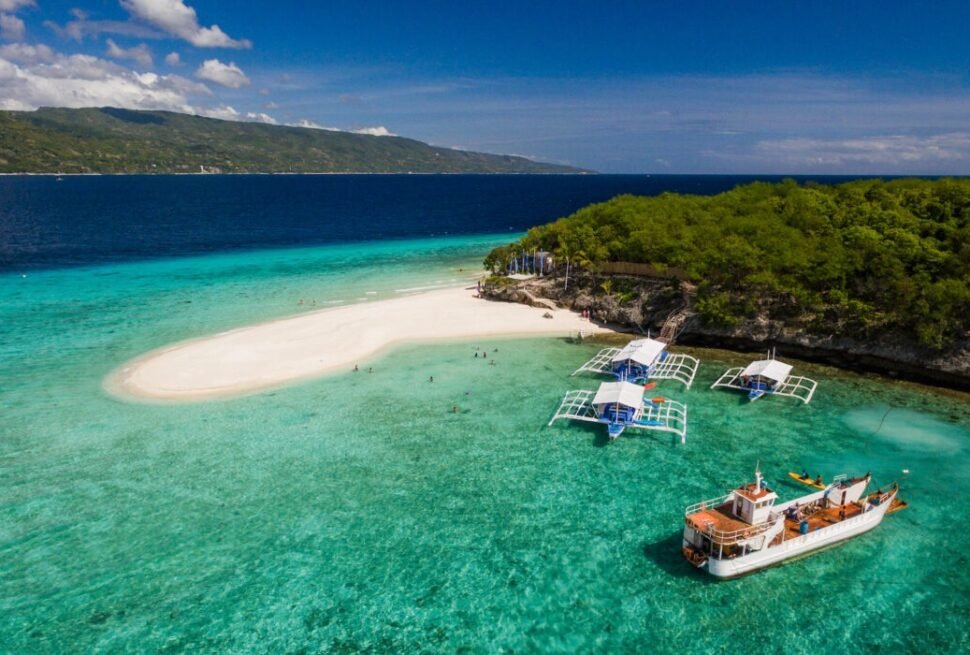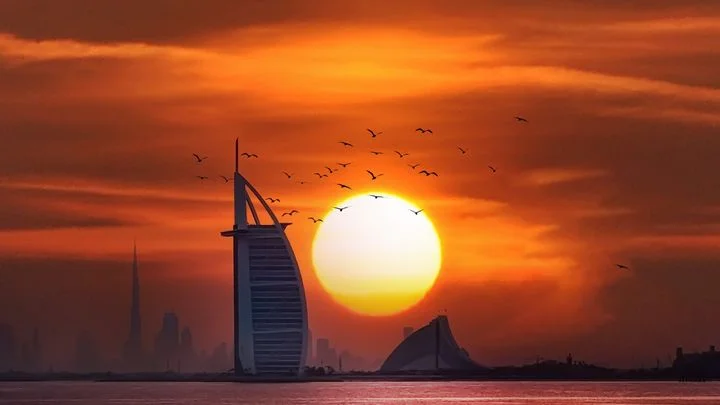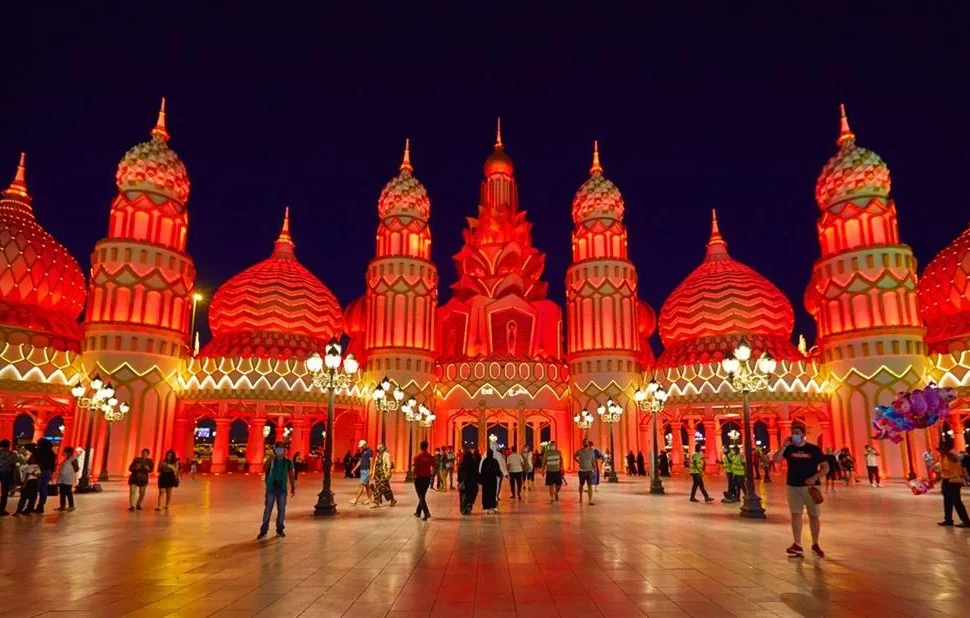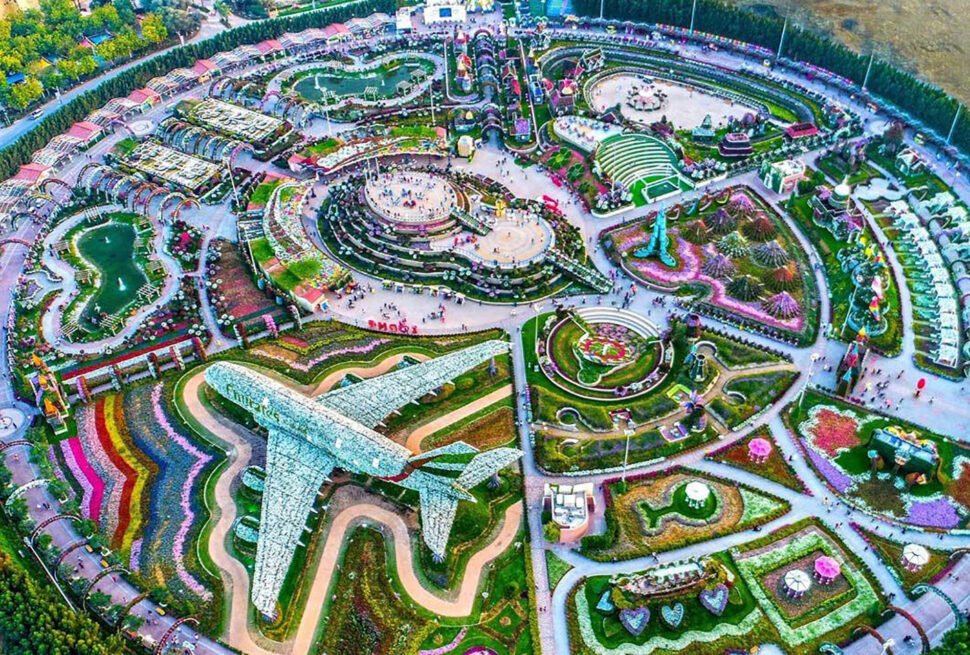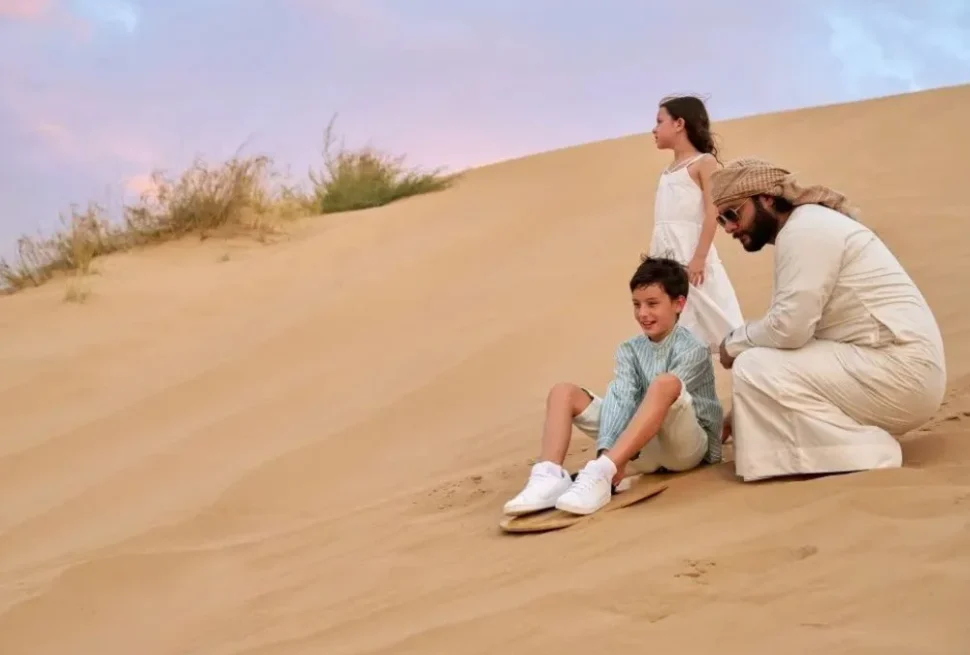The colors of the Arabian dune change from soft pastels at sunrise to copper at sunset in only a few minutes. If you have a simple plan, your desert safari pictures will look like they were planned, with action, portraiture, details, and night scenes, instead of like they were taken by chance. Also, Forever Tourism timings your pauses so you get the greatest light and helps you arrange your images so that the gallery tells a tale from the first pickup to the last camp lantern.
Where to shoot (each zone has its own look)
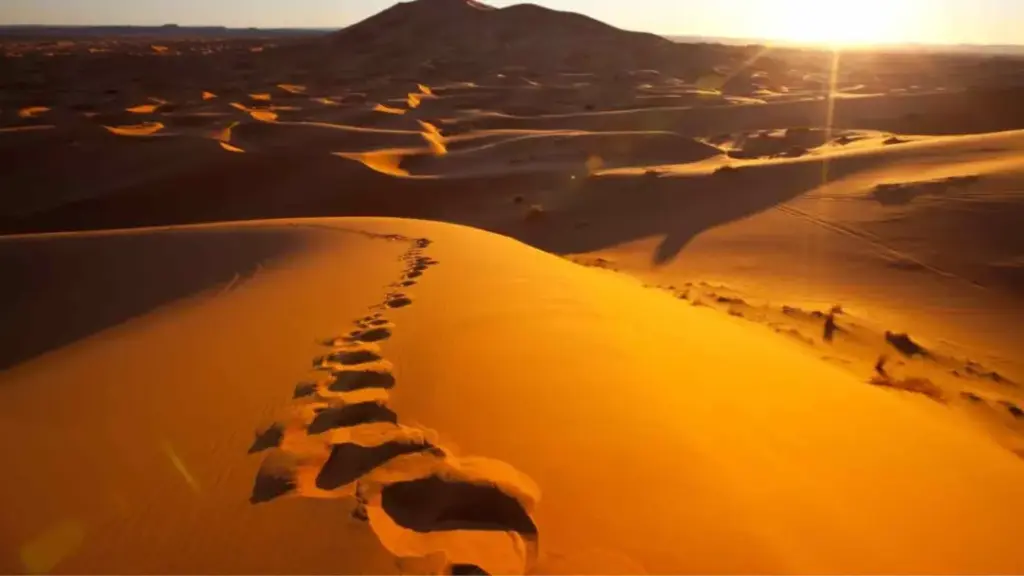
- Lahbab / Red Dunes: Tall, soft ridges and dramatic lines make for great silhouettes, sand spray, and ridge-top convoys.
- Al Qudra Desert & Lakes: closer to the city, with softer dunes and water that reflects light for peaceful compositions.
- Dubai Desert Conservation Reserve: Softer drives, chances to see oryx and gazelles, and frames that show off nature.
Let us know where your hotel is and what kind of photos you want to take, and we’ll plan your route to the best spots.
When to go: sunrise or sunset
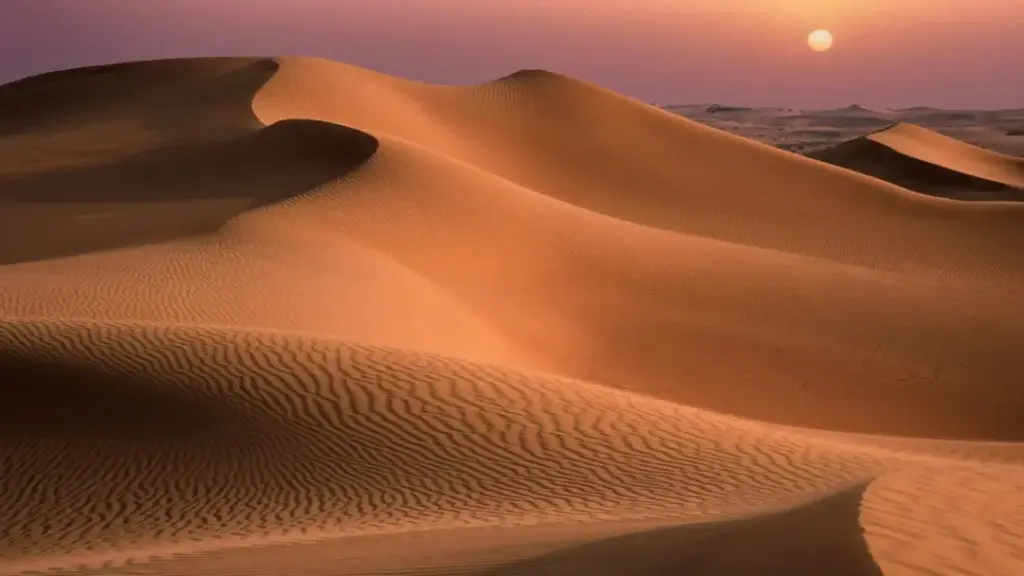
- Sunrise is cooler, quieter, and has soft light that makes for lovely basic silhouettes and clean, footprint-free dunes.
- Sunset: Warm colors and long shadows. It goes well with camp shows and a BBQ dinner at the same time.
- Most comfortable time of year is October to April, but summer mornings work well too if you get up early.
Make a list of shots so you don't miss any keepers.
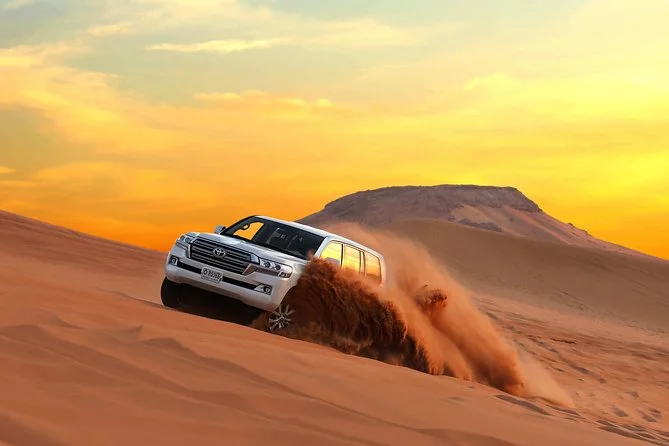
- Action: 4×4 going over a ridge (shot low for flying sand); sandboarding/sledding passes; buggy/quad kick-up (add-on).
- Portraits: Camel shapes at sunset; a rider framed by the sun; coffee pouring and henna details at camp.
- Details: tire going flat, board wax, ripples in the sand, footprints, lanterns, and smoke from the grill.
- At night, there are lanterns and star dots (seasonal) at the camp, so bring a mini tripod.
Phone and camera Settings That Just Work
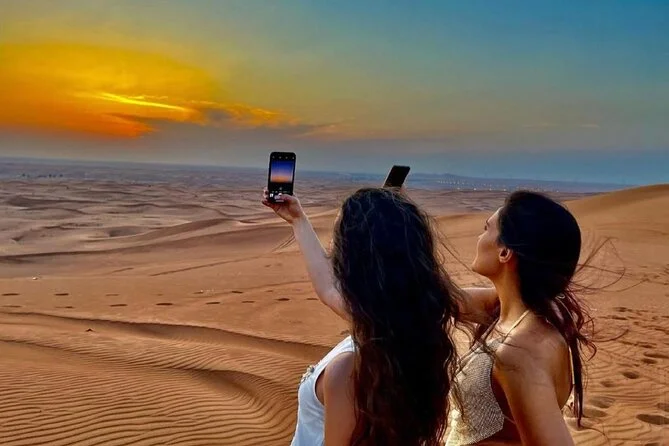
- Smartphone: Turn on the grid, tap to lock focus and exposure, then pull the exposure down a little bit after sunset to maintain the color. Use 0.5× for dunes and 1× for humans (don’t use a lot of digital zoom).
- For activity: use 1/1000s; for clear dunes, use f/4–f/8; for light, use ISO 100–800; and for versatility, use RAW+JPEG.
- Stability: Put your elbows on the car frame or use a compact travel tripod. Is it windy? Shoot down to the sand and speed up the shutter.
Tricks for Composition That You Can Use All Day
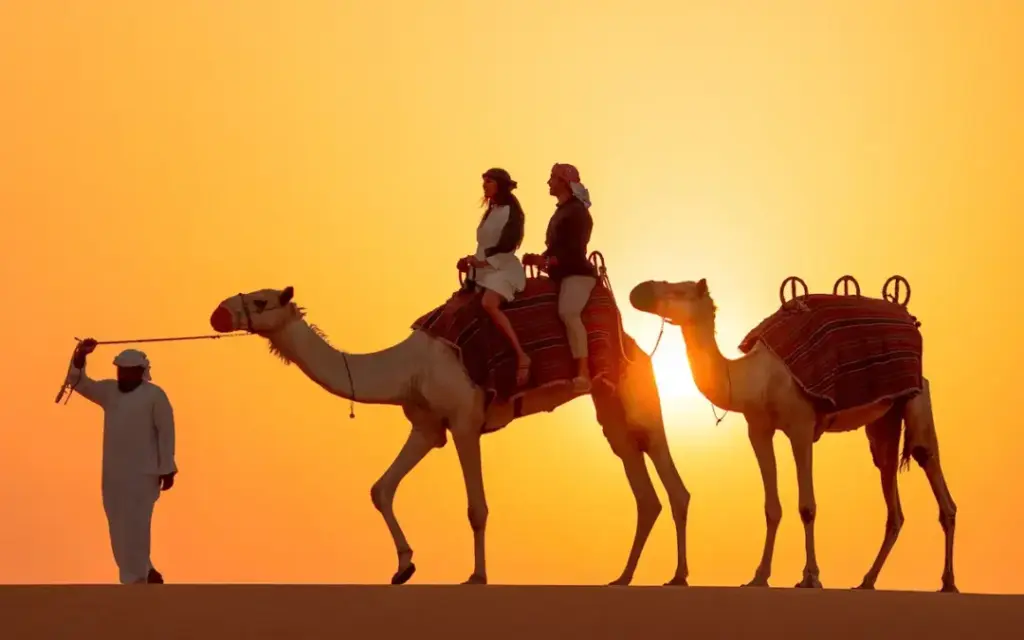
- Lines that lead: Walk along the ridge so that footsteps lead the way.
- Three rules: Put the horizon in the top third to show off textured backgrounds.
- Scale: To indicate how big something is, put a person, camel, or 4×4 tiny in the frame.
- Backlight: Shoot toward the sun to get glowing edges, but use your hand or lens hood to block flare.
What to Wear (Comfort Shows on TV)
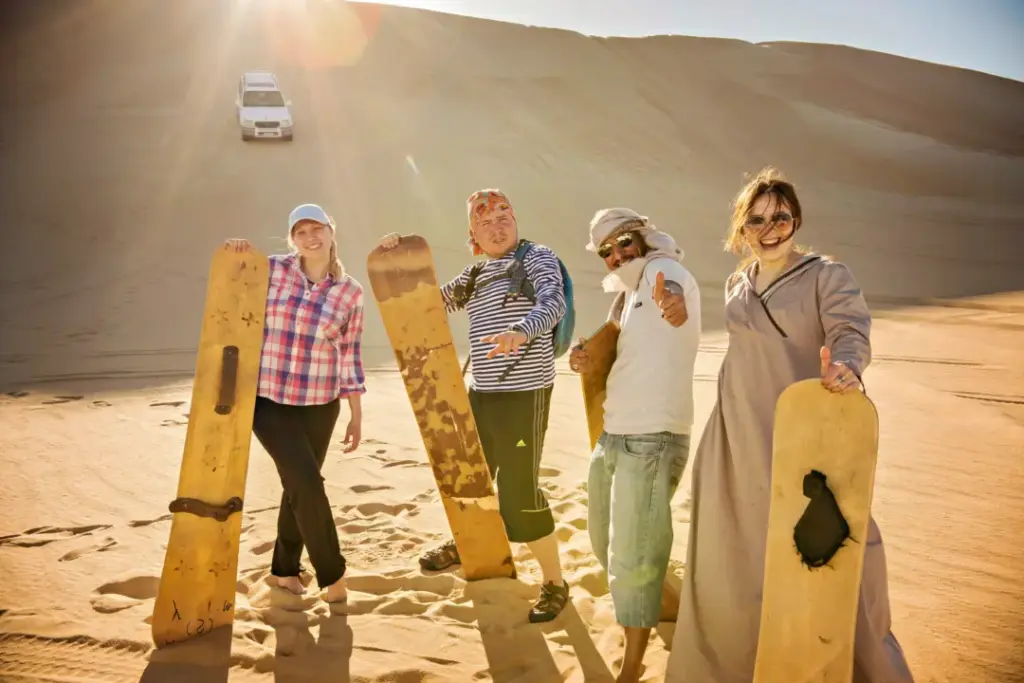
Wear layers that let air through and shoes that are closed. For the breeze and glare, add sunglasses, SPF 30+, and a light scarf. White, beige, and denim are neutral or earth tones that look great against red dunes and keep your desert safari pictures looking good.
Inclusions, Exclusions, and Cancellation Policy
What Desert Safari Pictures Package Includes What They Usually Cover
- Pick-up and drop-off at the hotel (in a shared or private 4×4)
- A licensed driver-guide who plans stops to get the greatest light
- Dune bashing (with customizable speed) and safe, repetitive passes for different angles
- Time to go Sandboarding/sledding on motion frames
- Stop for a camel photograph at golden hour
- Arabic coffee and dates are available at many camps, as well as water and soft drinks.
- Evening option: admission to the camp with live entertainment (if they are planned) and a BBQ supper
Exclusions: What Isn't Usually Included
- Personal costs and tips
- Optional extras include quad bikes and dune buggies
- VIP seating at camp or professional photo and video packages (available on request)
- Drone permits (rules can change, therefore always check the rules that are in place)
- Transfers outside of the zone or special pick-ups (if needed)
Cancellation Policy
We don’t have a cancellation policy for any kind of booking. We will only give refunds if we can’t give clients tickets because of something that went wrong on our end. This lets you relax in case your plans alter at the last minute.
Why Should You Choose Forever Tourism for Desert Safari Pictures?

- Light-first routing: We keep track of the time during the golden hour, control the flow of people, and give priority to clear angles.
- Safety and pacing: Repeatable ridge crossings and clever positioning for safer, better shots.
- Clear inclusions: No last-minute surprises; clear details line by line.
- Builds that are flexible: Add quads/buggies, VIP seating, or a private car to give you more room for your gear and more control.
- Quick support: quick confirmations and helpful coordination on the ground.
Frequently Asked Questions About Desert Safari Pictures
1) Do I need to go dune bashing to acquire good pictures?
Not always. You may get great desert safari photographs without a lot of effort by using gentle ridge pauses, a camel loop, and sunset angles that are well-timed.
2) Is it okay to bring a drone?
Maybe, but only if you have the right permits and follow the rules. So, check the rules and procedures of the operators before you fly.
3) What are the best lenses?
A wide-angle lens (16–24mm) for scale and a mid-zoom lens (24–70mm) for portraits. People who use phones can blend 0.5× and 1×, but they should stay away from heavy digital zoom.
4) What should I do about wind and flying sand?
To get better pictures, speed up the shutter, shoot from a lower angle, clean the lenses often using a microfiber cloth, and only swap lenses in protected areas.
5) What colors look good in pictures on dunes?
Colors like brown, white, and denim. Also, stay away from busy patterns that take away from the scenery.
Are You Ready To Take Desert Safari Pictures That You'll Love?
Let us know your date, the vicinity of the hotel, how many people are in your group, and what kind of photos you want (activity, portraiture, or night). We’ll plan a path for your desert safari photos that includes the appropriate light, stops, and an optional camp dinner. All you have to do is show up and take images.
For assistance:
How to Contact?
Call us at +971 43889941
WhatsApp us at +971565481112
Email us at info@forevertourism.com

